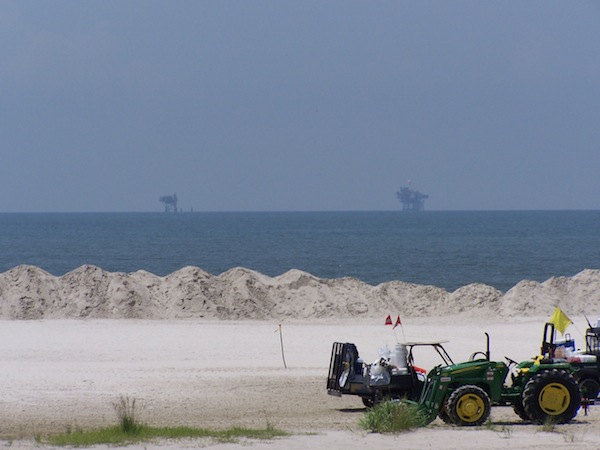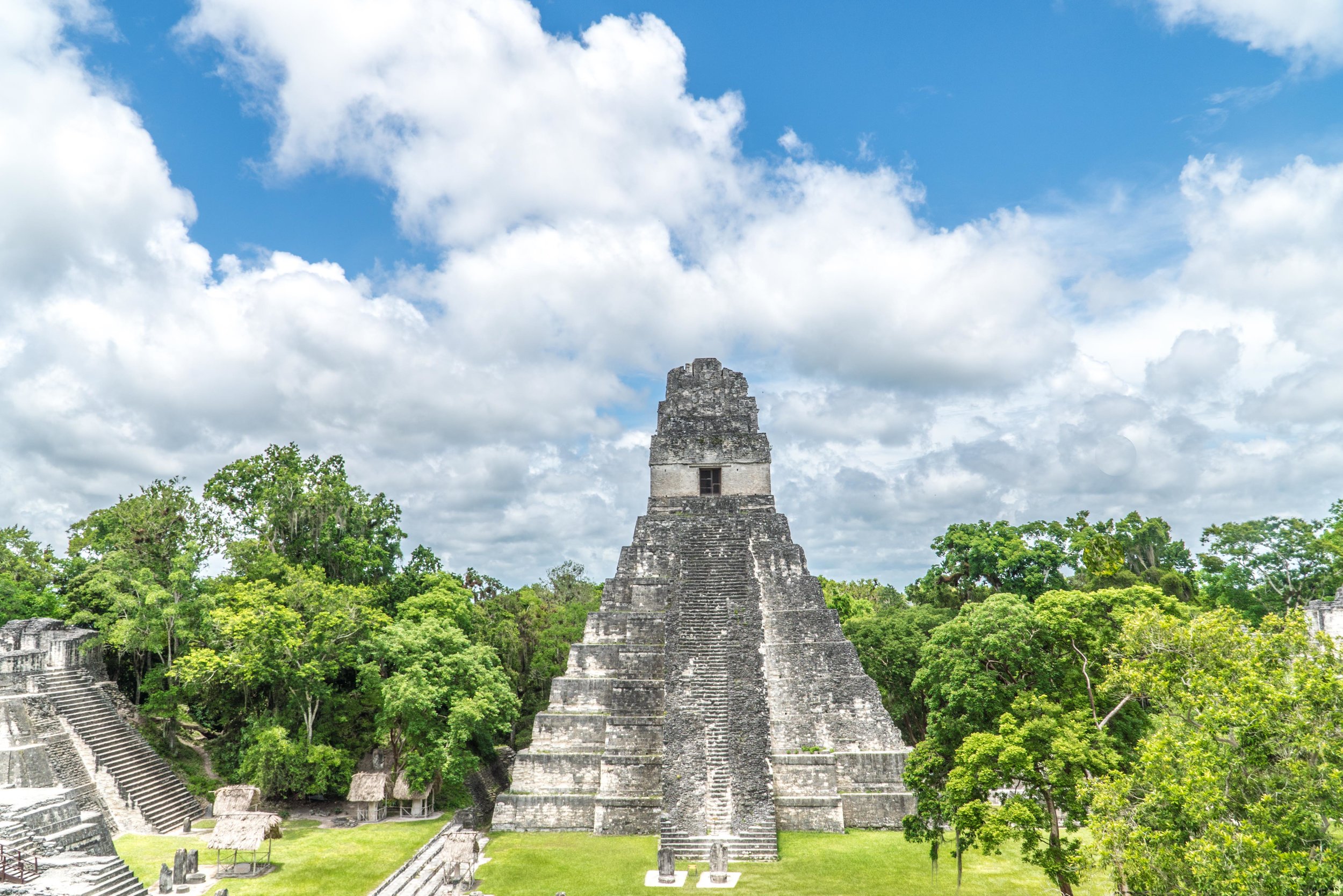Should You Travel to the Gulf Coast Beaches?
Should I travel to the Gulf Coast beaches? I've been posed this question since I did a tour through the Gulf Coast a few weeks ago, starting in New Orleans and making my way through the Gulf bayous and small beach towns to Pensacola, Florida. Stops included New Orleans, Bayou la Batre, Orange Beach, Perdido Beach, and Pensacola. My visit took place nearly a year after the Gulf oil rig explosion and subsequent leak and nine months after my initial visit to the Gulf coast. Should you visit the Gulf coast?
In short, yes, absolutely. However, the better question is this: Can you have a classic summer beach vacation? The Gulf Coast desperately wants you to come back. Believe me. Lives, businesses, and jobs depend on it. I talked with business and tourism professionals who are eager to have tourism along the Gulf Coast back to where it was. The losses were extensive. In Bayou la Batre, I talked with a shrimper who hadn't been on the water since the oil spill. This is peak shrimp season. Part of that due to demand and low seafood prices, but also due to many who are skeptical of the quality of the water and seafood. I saw the dread in his face when I asked him how many shrimping boats were in the dock and not out on the water: "Much more than half.
Come any prior year and you wouldn't see a single shrimp boat. But now, there's well over half of the shrimp boats that aren't going out." Pensacola was one of the last places for the oil to reach their shores. I talked with the Pensacola CVB and they stated that between June and August of last year, 10 million dollars was lost in revenue.
When I visited the Gulf Coast last year, it was before the leak was capped, but when news coverage had started to fade. It was during peak travel season and it was obvious that as a result of the oil spill, people weren't traveling to the Gulf beaches. Oil was still in the water, tar balls were being found on beaches, animals were being affected by the spill, and fishing demand and production was greatly reduced. So what is the status several months later? Well, you actually find remnants of all these things that still remain. There has been oil seen off the Gulf shores, even in the last few weeks, most notably in Plaquemines Parish near New Orleans. On some beaches, tarballs still are being sifted and removed. In regards to the effect on marine life, I have photos of dead animals that have mysteriously washed ashore. I've already mentioned the impact on fishing.
I'm not intentionally trying to paint a bad picture of what's happening along the Gulf Coast. However, it's important to give you an accurate account of the status of the Gulf Coast. The impact has been lessened. Seafood is undergoing extensive testing for quality assurance, many beaches aren't showing signs of oil slick and tarballs, and seafood demand is starting to rise. However, don't take the absence of national news coverage to mean that things are simply back to normal. Take a weekend to Orange Beach or Pensacola, and it may appear that everything has returned to normal. Restaurants are full, kids are playing on the beach, and boats are out on the water. Even businesses and locals in the more popular destinations were quick to say that there was a sense of normalcy returning. However, spend some time in one of the small fishing towns and talk to locals and you'll likely hear a different story. Many people I asked said that it was hard to put a number on how many years that the Gulf states would be experiencing the effects of the oil spill.
What about the health effects? This is one of the least reported issues of the Gulf oil spill, yet one that from my research and interviews, won't be fully understood for a long time. As part of my day in Bayou la Batre, Alabama, I spent a couple hours with a long-time resident, Lori Bosarge, who lives just a stone's throw from the Gulf waters. She talked with me about the on-going health effects she has experienced since last summer.
It was often after being out of town and coming back to town that I would have reactions. Some of the early symptoms included watery eyes, hives, nausea, and memory loss. More recent illnesses included vertigo and my throat all of a sudden closing up. I knew then that it was time to have a Volatile Solvent Profile Test done. As a result of the test, it was found that ethylbenzene and xylene were found in my blood.
It isn't abnormal to inhale small traces of ethylbenzene and xylene, as these chemicals can be found in gasoline and paint. However, larger intakes of it can result in symptoms, such as Lori described. These are two of the primary substances that have been documented as being found at high levels in some people's blood along the Gulf coast. While there hasn't been widespread incidences, there still have been enough claims, predominantly from cleanup workers and volunteers, to raise concern. A recent survey was announced, which will be following thousands of oil spill workers over the next decade to determine the effects of the oil and dispersants on people's health.
Back to the original question: Should you travel to the Gulf Coast Beaches? You should travel to the Gulf Coast. Tourism and the economy was hit hard as a result of the oil spill and it's going to take travelers coming back to help build it back up. The Gulf states have so much more to offer than just pretty beaches and fresh seafood. The National Museum of Aviation, USS Alabama, and New Orleans are just a few reasons to visit. However, I'm not in a position where I can confidently recommend the Gulf Coast as a place where travelers can have that iconic summer beach vacation. I went down to the Gulf Coast in search of answers and I came back with more questions and very few answers. I, however, was along the Gulf Coast for several days and didn't experience any side effects and I had a delicious shrimp and grits meal in Pensacola.
If you get anything from my post, let it be that you won't stop here. A simple Google search and you'll find a lot of information on what's been happening along the Gulf Coast over the last few months. While you may have to do some digging around, there are ways you can help and even volunteer.












